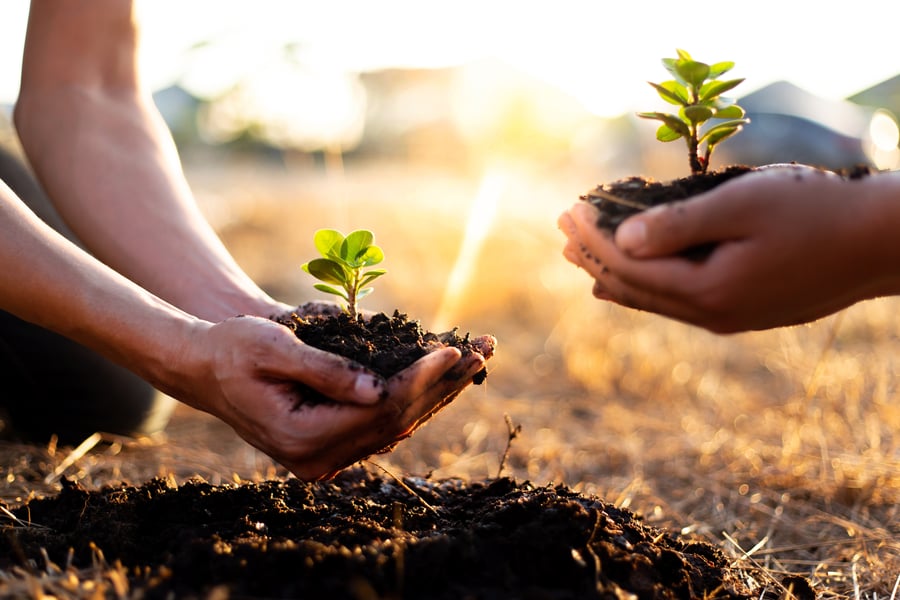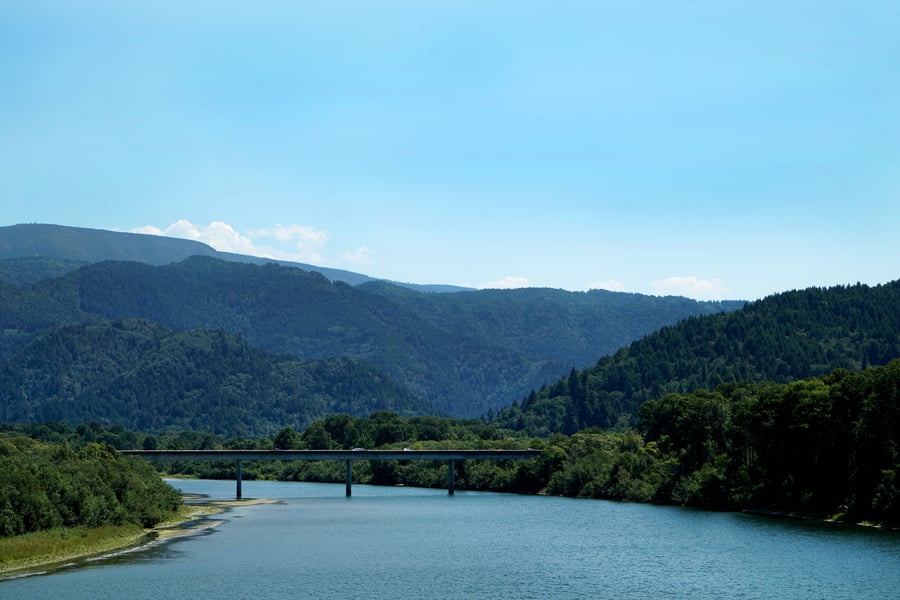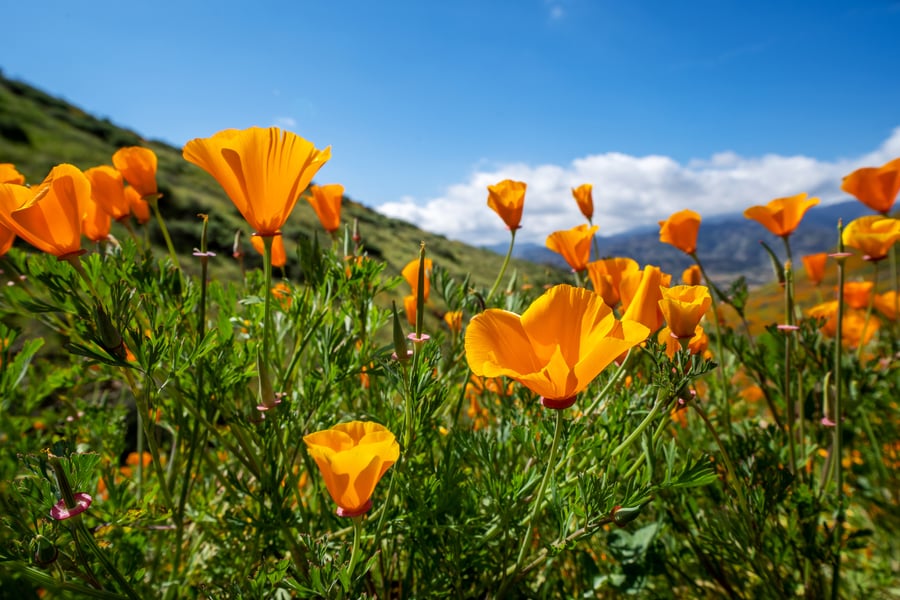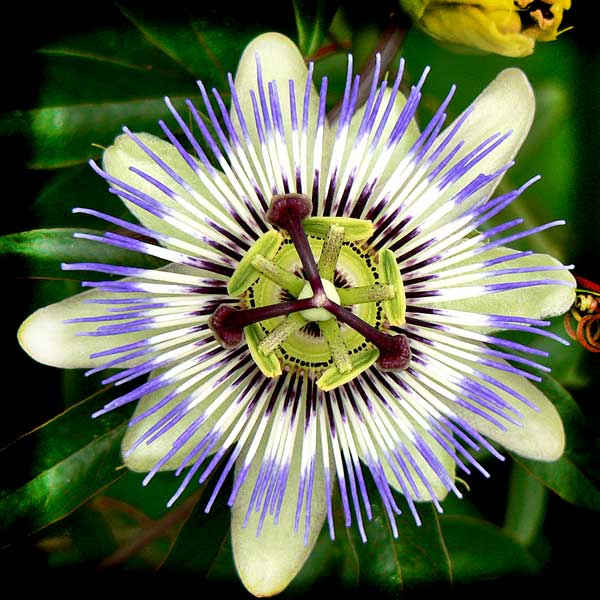
Last week, I attended the Bioneers Conference in Berkeley, California, an annual gathering that brings together innovators and thought leaders to explore solutions for social and environmental challenges. The conference featured a diverse range of speakers, workshops, and presentations on topics such as sustainability, social justice, climate change, regenerative agriculture, and Indigenous knowledge.
Front and center at the conference was the notion that humanity is undergoing a collision between the state of nature and the nature of the state, highlighting where the climate and inequality challenges intersect. This interconnection emphasized the urgent need to address both issues concurrently, as scientists warn that fixing the climate crisis requires fixing social structures. To accelerate this process, speakers advocated for scaling up social movements to enact systemic solutions, focusing on traditional ecological knowledge and scientific solutions to heal and regenerate both people and the planet.
Overall, Bioneers emphasized the importance of Indigenous leadership at the forefront of sustainability. I was moved by the keynote from Sammy Genshaw III, a young dynamic Yurok Tribal leader who spoke on, “The Restorative Revolution and a River of Reciprocity.” Genshaw shared his insights on ecological and cultural revival along the Klamath River, central to his people’s identity and livelihood. He discussed how the struggle to remove the Klamath River dam required drawing upon ancestral wisdom, modern science, and social activism, highlighting the central role of Indigenous leadership in restorative justice.

Since the removal of the dam, Genshaw has dedicated his life to organizing an indigenous network that combines traditional ecological knowledge with modern science. His current project, the Victorious Gardens Initiative, focuses on developing gardens, delivering fresh produce, and supporting families in growing and preserving their own food on Yurok tribal lands. He strongly believes in food sovereignty and the importance of rekindling our rightful connections to land and water as the path to resilience.
I left Bioneers feeling inspired after Genshaw’s keynote, as he powerfully articulated, “I believe the universe unfolds in patterns of interconnectedness that my ancestors have understood for generations. I’ve dedicated my life to the culture because of a small sentence that my grandmother always told me growing up: ‘One day, they will need people like us.’" His words left me feeling motivated to embrace collective action, honor Indigenous wisdom, and work toward a sustainable and just future for all.
Looking for more sustainability content?
Learn About Mountain Rose Herbs' New Impact Report
You may also be interested in:
Uniting for Climate Day: One Step Closer to Sustainability
Organic Rising: Demystifying the Organic Movement
Cultivating Change: Insights from the Small Farms Conference











